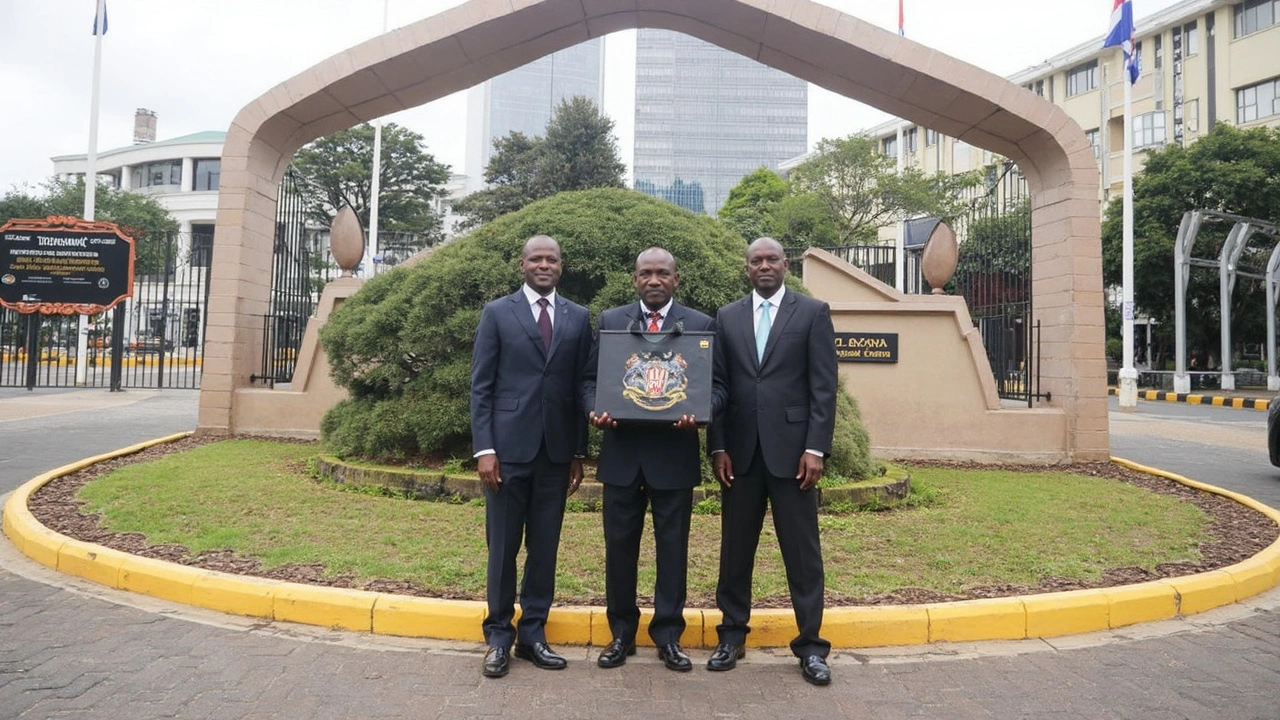Understanding Military Spending and Why It Matters
Military spending often pops up in news debates and government talks, but what does it really mean? Simply put, military spending is the amount of money countries allocate to their defense—covering everything from soldiers' salaries and weapons to technology and infrastructure. This budget directly affects a nation's security and global standing.
It's easy to think that higher military spending just means tinkering with tanks and tech, but it also influences economic priorities and international relations. When countries decide how much to spend, they're making choices about what risks they're willing to take and what threats they see as pressing. This balancing act is tricky, especially when costs climb but peace remains the goal.
Trends in Global Military Budgets
Over the years, there's been a steady rise in military budgets worldwide, driven by growing concerns about security threats and geopolitical shifts. Some countries spend a huge chunk of their GDP on defense, while others prioritize social programs but still invest enough to protect their interests. For example, you might hear about the US, China, and Russia leading in military expenses, but smaller nations are also boosting their budgets amid regional tensions.
Why Military Spending Impacts Everyone
You might wonder why you should care about military spending if you're far from conflict zones. Well, these budgets influence global peace efforts, defense industry jobs, and even technology advancements that spill over into civilian use. Plus, how a government balances military needs with health, education, or infrastructure funding affects daily life for its citizens. Understanding military spending helps us grasp how a country prioritizes its future and security.
In summary, military spending isn’t just about buying weapons; it’s about national priorities, global dynamics, and security policies. Keeping an eye on defense budgets reveals a lot about where countries are headed and what they value most. Whether a nation is tightening its belt or ramping up for new challenges, these decisions shape not only armies but entire societies.
Kenya's 2025/26 Budget Puts Healthcare Front and Center as Education and Sports Face Cuts
Kenya's new budget directs a record Sh138.1 billion to healthcare, stepping up investment in primary care and addressing intern and staff concerns, but trims funding for education and sports. The military secures a Sh13 billion boost, signaling a stark shift in national priorities as the Treasury balances rising healthcare needs with growing security expenditures.

